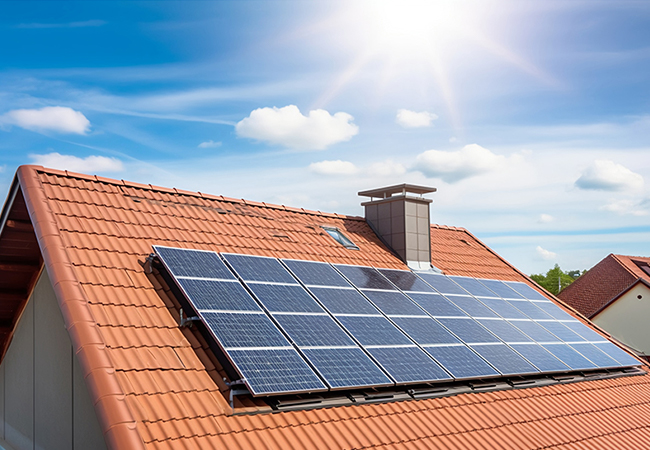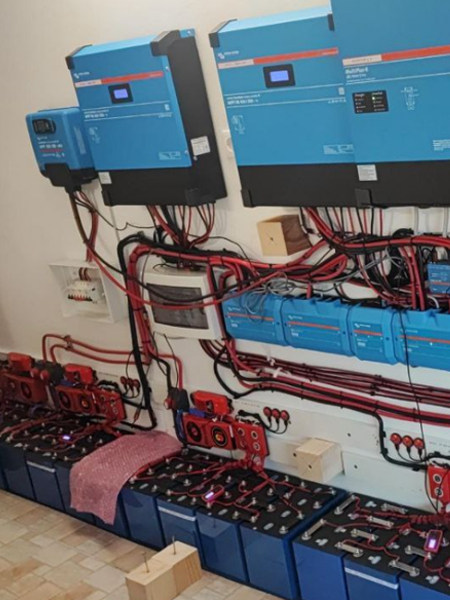As the world shifts toward renewable energy sources like solar and wind, home energy storage systems have become a pivotal component in achieving energy independence and sustainability. These systems, paired with Battery Management Systems (BMS) to ensure efficiency and safety, address critical challenges such as intermittent renewable output, grid outages, and rising electricity costs for households worldwide.

In California, USA, frequent wildfire-induced power outages have driven homeowners to adopt residential energy storage. A typical solar-equipped household with a 10kWh storage system can maintain essential appliances like refrigerators and medical devices for 24-48 hours during blackouts. “We no longer panic when the grid goes down—our storage system keeps life running smoothly,” shared a local resident. This resilience highlights the system’s role in enhancing energy security.

The International Energy Agency (IEA) predicts that global home energy storage capacity will grow 15-fold by 2030, driven by falling battery costs and supportive policies. As technology advances, future systems will integrate smarter BMS features, such as AI-powered energy forecasting and grid-interactive capabilities, further unlocking the potential of residential energy storage to build a more resilient and sustainable energy future.
Post time: Nov-07-2025





